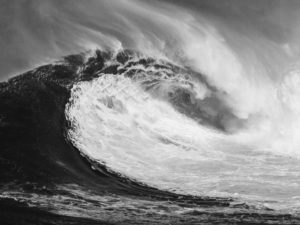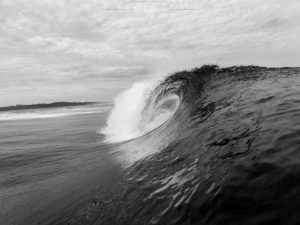Let’s focus on our pursuit for knowledge first. With our 100 billion, continuously interacting brain cells, how much knowledge can we actually store in our heads? The answer to this questions remains unclear. Psychologists and researchers continue to be puzzled by the cases of sudden brain damage where people can suddenly tap into ‘unlimited’ knowledge. A great example is of a patient that suffered brain damage, and was able to draw a whole city map afterwards – which she couldn’t do before. Other famous examples of brain damage include sudden lapses of brilliant piano play, or sudden math genius. What is known though, is that learning is hunted by a paradox (that we branded the ‘learning paradox’): the more we learn, the more we realize that there is a lot of stuff we don’t know. So, even when we study many things in the universe, our total perceived knowledge of reality (what we know vs what we don’t know) seems to become smaller and smaller.
“‘In pursuit of knowledge, everyday something is gained. In pursuit of wisdom, everyday something is dropped."
— Lao Tzu
Then on to wisdom. Many great thinkers from the past have spoken about this concept – and most were aligned that it’s not the same as ‘knowing a lot’. As Lao Tzu famously phrased: ‘In pursuit of knowledge, everyday something is gained. In pursuit of wisdom, everyday something is dropped.’ Henry Thoreau (who may have been familiar with Lao Tzu’s knowledge) wrote a similar thing: ‘The soul grows by subtraction, not addition.’ It seems then, that wisdom is characterized by knowing less. However, the knowledge that’s still present can be described as ‘fundamental’ (laws of life). The remaining knowledge, combined with a thorough acceptance of reality ‘as it is’ and coherent actions, could then be named ‘wisdom’.
To summarize everything you just read in a visual, you can click on this link to find the PDF. More about the difference between knowledge and wisdom will be published in the near future – including it’s implications for learning new things, and leading people.







